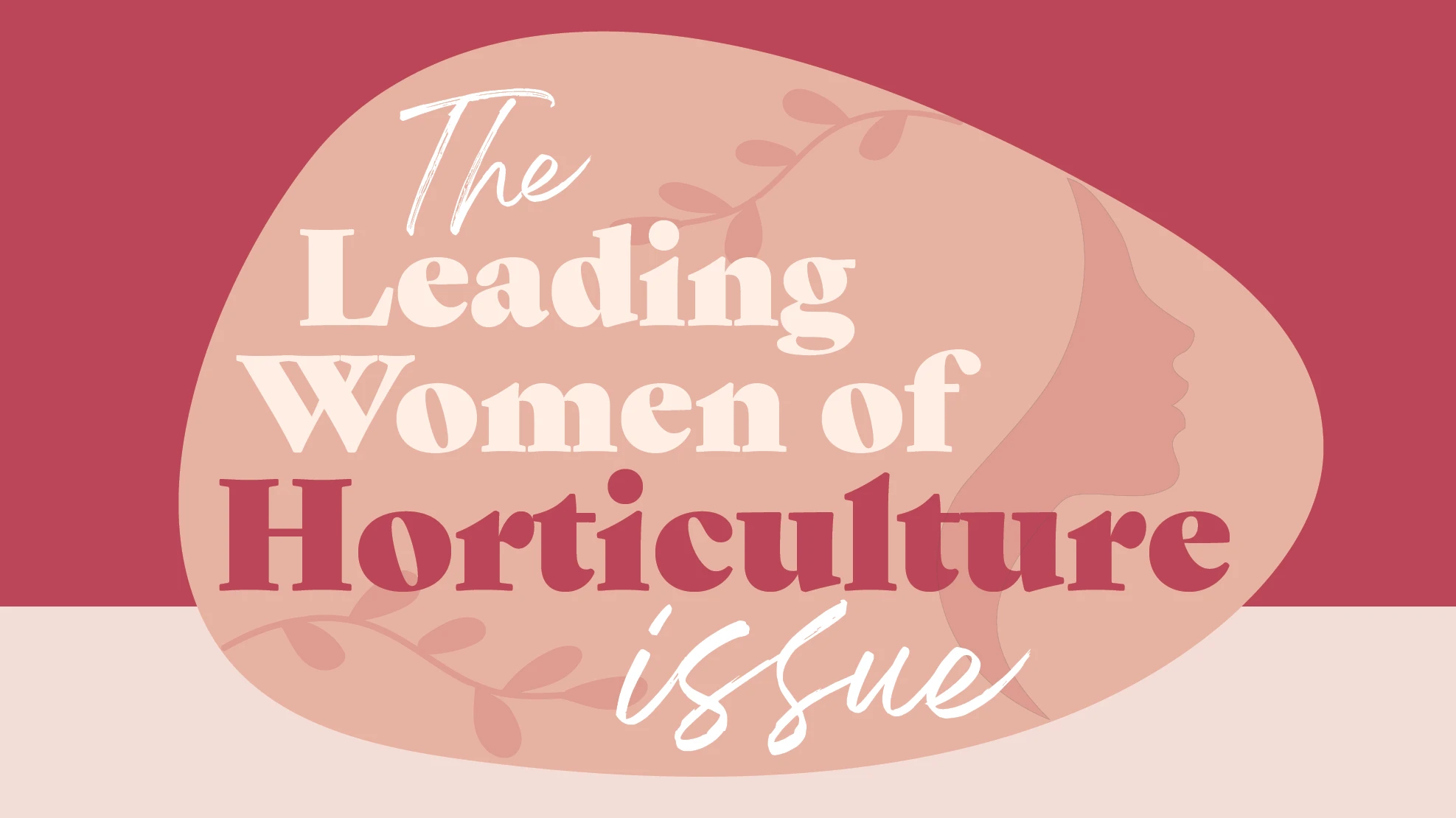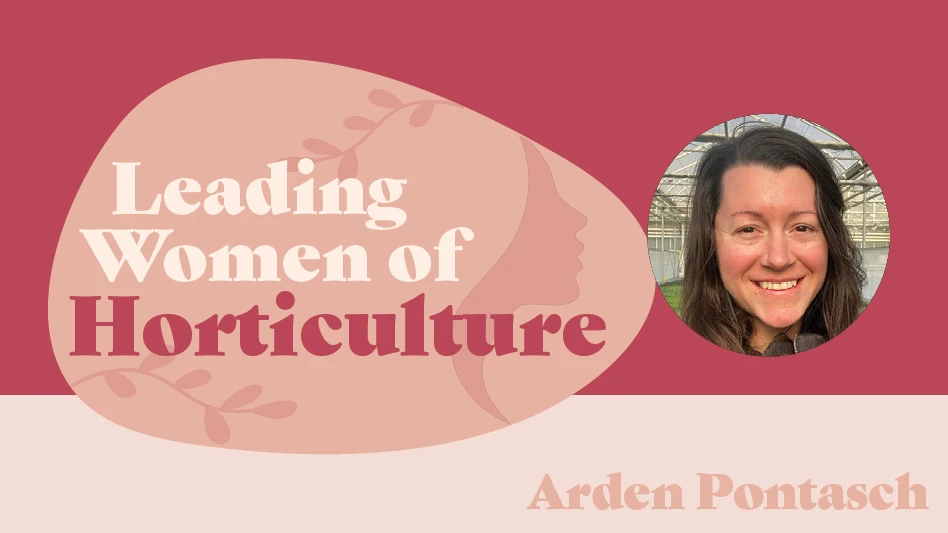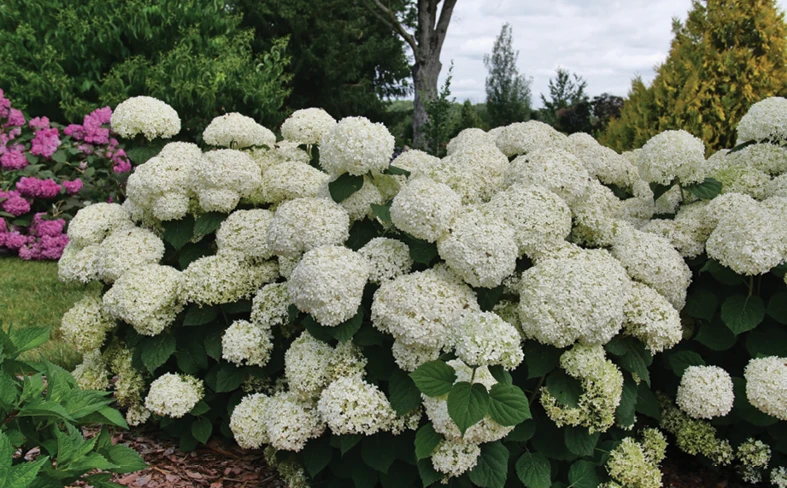
Companies
Since 1986, The HC Companies has produced an array of horticulture plastic containers. But as growers and equipment continues to evolve, the company has adapted its products accordingly, and offers containers that work well with automated processes. Sales manager Tom Brewer shares insight on those automation-based containers and how they can enhance your production process.
What type of containers does The HC Companies sell?
We have containers which work well in greenhouse and nursery production. We manufacture containers for large growers cultivating crops to sell to either independent garden centers or to big-box retail garden centers like Walmart, Lowe’s, Home Depot, Kroger and Costco for example, as well as smaller growers who service their own retail operations. Our nursery containers are made in a few different ways: The injection-molded containers — available in #1, 2, 3 ,5, 7, 10, 15 and 20 trade sizes — are heavy-duty plastic pots that many times are floor stacked in truck trailers. These are used by growers who are shipping their product across country. The thermoformed pots — available in #1, 2, 3 and 5 sizes — are lighter than the injection containers but will still do well in outdoor, long crop production cycles. The more economical pot is the blow-molded container that is similar to thermoform, but can come in larger sizes like 25, 45 and 65 gallons.
What’s the difference between the round, tray, flat and sheet containers other than shape?
It really depends on the growers’ unique market and what specific plant varieties are going to be grown in the container. If it’s for a bedding plant, growers can use a tray pack. Examples include impatiens, petunias or marigolds, plants which can be grown in a rectangular shaped tray for packs. The more premium plants can go into the larger round containers, which would be azaleas or premium vegetative type plants like Supertunias, or a lot of varieties that are sought after. But it really depends on what the nursery or greenhouse growers’ specialty is, and HC will match the container to their need.
How has The HC Companies adapted its products to automation?
When we talk about automation, we’re looking for ways to reduce touch. The whole mantra of the grower is, “How can I eliminate the handling of someone picking things up at point A and moving it to point B? How can we streamline that process?” As nurseries and greenhouses move forward, they are looking for ways to use systems — conveyor systems, forking systems or any kind of system that will reduce the amount of times people handle material. The HC Companies has containers suitable for different applications. We have easily de-stacked pots which will work with de-stacking equipment; we also have a series of square press fit pots and trays where growers can take an empty flat and press it onto a stack of pots. We are always looking for ways to make containers that will match those systems.
Why should growers consider The HC Companies for their container needs?
HC is a combination of many storied brands. We have a large, national network of sales reps which means there’s someone in nearly every region who can visit the nursery and actually look at what the application is in order to make a suggestion. All of our containers are made here in the United States, and we work with some great distributors. Over the years, I’ve also noticed that nurseries and greenhouses are always looking for something new, so we try to keep our finger on that pulse continuously.
For more: hc-companies.com/nursery-pots

Explore the November 2020 Issue
Check out more from this issue and find your next story to read.





